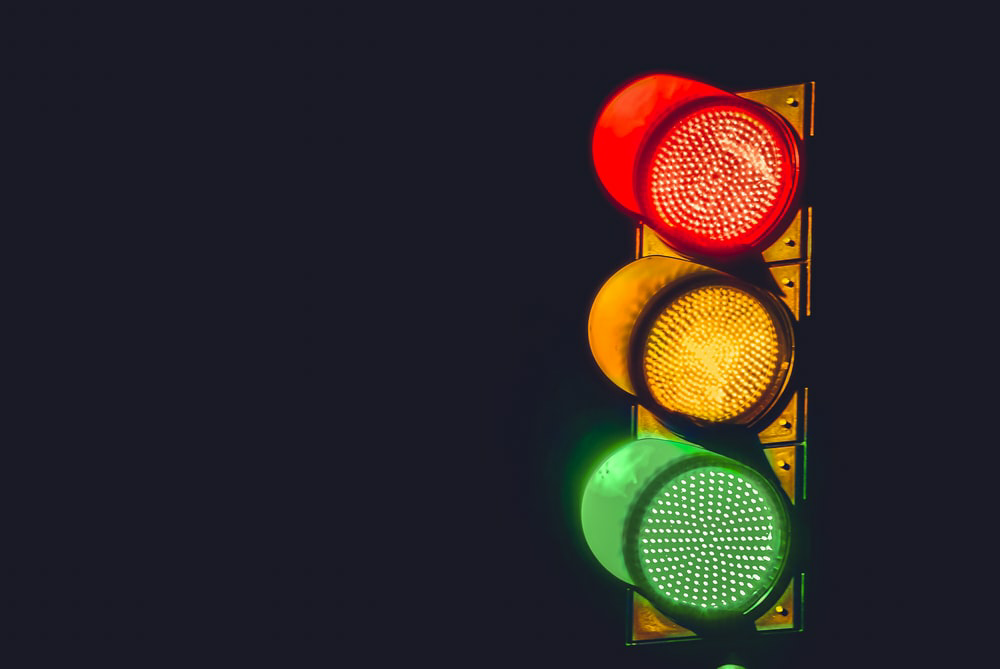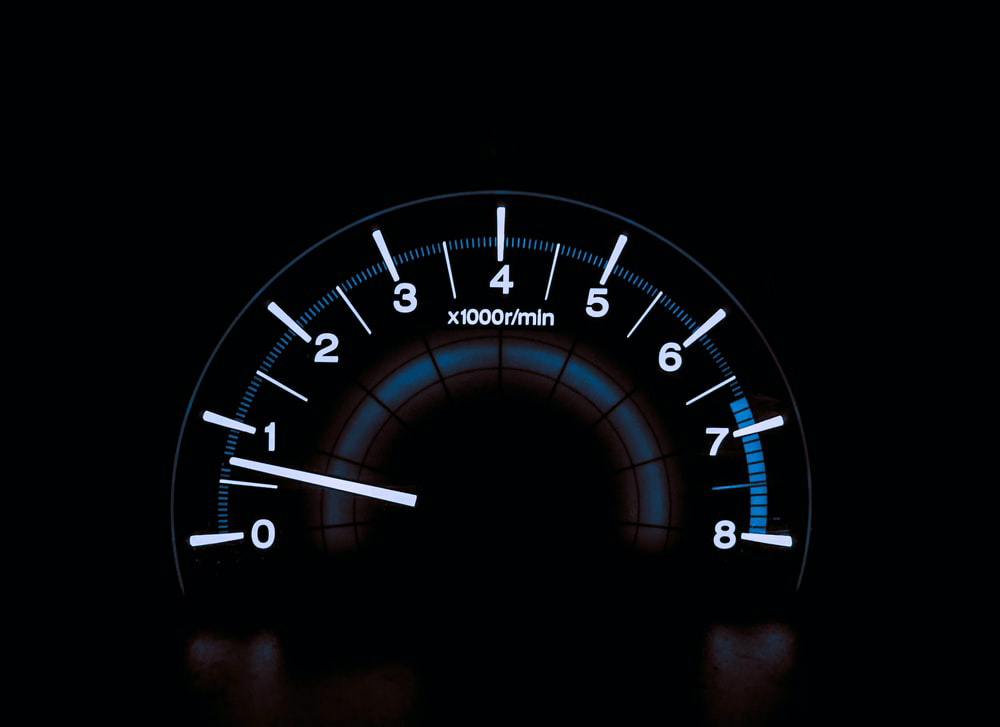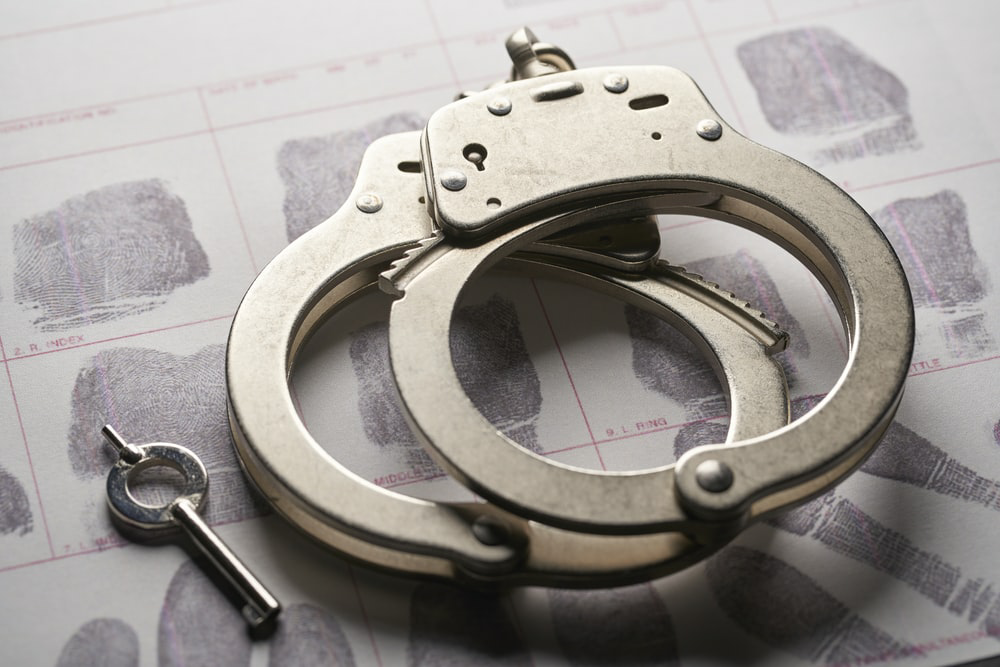Reckless Driving: Is It a Felony?

Laws against reckless driving in the United States fall under moving traffic violations, and they differ from state to state. In some states, reckless driving is classified as an infraction or a misdemeanor offense. In others, it’s a felony. Whichever the case, it’s still a criminal offense, with strict laws governing it.
Moving Traffic Violations
Moving traffic violations are offenses against traffic regulations committed in a moving vehicle. They’re different from other motor vehicle violations like paperwork violations, equipment violations, and parking violations. Instances of moving traffic violations are classified as infractions, misdemeanors, or felonies.
Examples of Moving Traffic Violations
Any illegal behavior by the driver of a vehicle while the automobile is in motion is a moving traffic violation. Examples of moving traffic violations are:
- Tailgating
- Running a red light
- Failure to use seat belts
- Failure to secure a load to a truck or lorry properly
- Driving above the speed limit or at an unsafe speed
- Failure to signal for turns
- Driving with a suspended license
- Texting or using any telecommunications device while driving
- Driving without a license
- Illegally driving in a carpool lane
- Vehicular homicide
- Driving with a license from another country
- Street racing
- Driving under the influence of alcohol
- Driving a vehicle on a bus lane or train tracks
- Reckless driving
- Driving on the wrong side of the road (unless there’s an obstruction)
What Is Reckless Driving?
Reckless driving is defined as operating a vehicle on a public highway with a willful and wanton disregard for lives and public property safety. It’s different from careless driving, and the laws that define what it means to be reckless while operating a vehicle are dependent on the state. For instance, there are three types of reckless driving in Michigan, each with its penalty and driving charge. They are:
- Standard reckless driving: This is a misdemeanor offense, with a maximum fine of $500 and a jail term of about 93 days.
- Reckless driving involving serious injuries: This is a felony, with a stricter prison sentence of up to five years or $1,000 to $5,000 maximum forfeiture.
- Reckless driving involving fatalities: This is also charged as a felony, with a prison sentence of up to 15 years or $2,500 to $10,000 maximum fine. There’ll also be vehicle immobilization for 180 days or forfeiture.

Reckless Driving vs Careless Driving: What Is the Difference?
It can sometimes be confusing to differentiate between reckless driving and careless driving because both terms are similar. Also, some states do not view reckless driving and careless driving as two different offenses. In other words, reckless driving behavior can also be careless driving in some parts of the United States.
In states where both offenses are separate in their statutes, the difference lies in the intention behind the driving. A traffic violation is classified as reckless driving when drivers drive with an intentional and deliberate disregard for the safety of lives and property. For careless driving, on the other hand, the behavior is deemed not willful or unintentional. That is, the driver found guilty of careless driving didn’t do so with a deliberate intent to harm anyone or damage property.
Careless driving can be more accurately defined as driving without due care or attention. Some behaviors termed as careless driving are driving above the speed limit, smoking while driving, and running a red light. However, if careless driving results in an accident, the law sees it as reckless driving.
Laws Against Careless Driving in the United States
The laws against careless driving in the United States depend on the state where the offense was committed. Different states have different laws against driving carelessly, although it mostly attracts a fine and an endorsement on your license. For example, in Pennsylvania, when reckless driving results in bodily injury, the punishment is a $250 fine; if it results in death, the charge is a $500 fine.
State Laws Against Reckless Driving in the United States
The laws against reckless driving in the United States are different. Some states treat certain instances of reckless driving as infractions, while other instances are treated as misdemeanors and felonies. Other states classify cases of reckless driving under only misdemeanors and felonies. We’ll look at some state laws against reckless driving in the US briefly:
California
Under California state laws, a person is said to be driving recklessly when they:
- Drive a vehicle on a highway with willful or wanton disregard for lives or property.
Reckless driving in California attracts a penalty of five to ninety days in jail or a fine of $145 to $1,000. In cases of bodily injury or the death of anyone, there’s a fine of $200 to $1,000 or 30 to 180 days of imprisonment.
Washington
According to the state laws in Washington, a person is guilty of reckless driving when they:
- Drive a vehicle on a public highway in a way that displays a willful and wanton disregard for lives and property.
- Compare or contest the relative speeds of motor vehicles upon public highways of the state in a way that constitutes racing.
It’s a gross misdemeanor offense and attracts a jail term of 364 days and a fine of not more than $5,000. Also, there’s a suspension of the driver’s license/permit for thirty days.
Florida
Florida’s traffic regulations find a person guilty of reckless driving as a criminal offense if they:
- Drive a vehicle on a public highway with willful or wanton disregard for lives and property.
- Try to escape or run from a law enforcement officer in a motor vehicle.
The punishment for reckless driving is, however, dependent on the number of times you’ve been convicted. On your first conviction, it attracts a fine of around $25 to $500 or a prison sentence of about 90 days. On a second or subsequent conviction, the punishment is a prison sentence of six months or a fine of $50 to $1,000.
The case is classified as a misdemeanor and carries stricter punishment when it results in injury or property destruction. If it further results in serious bodily injury, it’s charged as a felony. Serious bodily injury under Florida state laws refers to an injury that could potentially result in death or the loss or impairment of any bodily function.
Georgia
The traffic laws and regulations of Georgia define reckless driving as:
- Driving a vehicle on public highways of the state with willful or wanton disregard for lives and property.
Reckless driving is a misdemeanor and attracts a jail term of 12 months or a fine of $1,000.
Hawaii
In Hawaii, the traffic regulations define reckless driving as:
- Driving a vehicle or riding an animal in a way that displays a willful or wanton disregard for lives and public property.
It attracts a fine of $1,000 or a jail term of 30 days.
New York
In New York City, the state traffic regulations define reckless driving as:
- Driving or operating any vehicle, appliance, or accessory, that’s propelled by any power besides muscular power in a way that interferes unreasonably with the proper use of a public highway or endangers users of a public highway.
New York state laws classify reckless driving as a “crime” and a “misdemeanor.” As such, reckless driving in New York City results in a permanent criminal record. It attracts a jail sentence of 30 days or a fine of $300, plus a court surcharge of $70.
However, the punishment also depends on the number of times you’ve been charged. The fine of $300 and 30 days’ jail term is for first-time offenders. Repeat offenders face a jail term of around 90 to 180 days in prison or a fine of $525 to $1,125.

Kansas
Kansas City traffic laws define reckless driving as:
- Driving a vehicle on a public highway in a way that constitutes a willful or wanton disregard for lives and public property.
The punishment depends on the number of convictions you have. A first conviction attracts a jail term of around 5 to 90 days or a fine of around $25 to $500. Reckless driving in Kansas is classified as a misdemeanor.
Louisiana
The state laws in Louisiana define reckless driving under the term “careless operation” and define it as:
- Driving a vehicle in a way that endangers the limb, life, or property of another person.
The punishment is a court-approved community service of not over 250 hours and suspension of the driver’s license for two years.
Alabama
The Alabama state traffic laws define reckless driving as:
- Driving a vehicle on a public highway carelessly or heedlessly in willful or wanton disregard for persons and public property.
- Driving a vehicle on a public highway without due care, at a speed that endangers or is likely to endanger lives or public property.
The punishment for reckless driving in Alabama also depends on the number of convictions on an individual’s records. The penalty for a first-time conviction is a jail term of 5 to 90 days or a fine of $25 to $500. The sanction for a second-time conviction is a jail term of ten days to six months or a fine of $50 to $500.
The court could also decide to suspend the driver of the vehicle from driving on public highways
Illinois
Traffic regulations and statutes in Illinois define reckless driving as:
- Driving any vehicle on a public highway with wanton and willful disregard for lives and property.
- Causing a vehicle to become airborne by using an incline in a public roadway.
Reckless driving is classed as a class A misdemeanor in Illinois state law. However, if a child or school crossing guard is injured, it becomes a class 4 felony. If the injury sustained leads to a permanent disability, it’s also a class 4 felony and is termed aggravated reckless driving.

District of Columbia
In the District of Columbia, the statutes define reckless driving as:
- Driving a vehicle at a speed higher than permitted by the regulations.
- Driving a vehicle heedlessly and carelessly in willful and wanton disregard for the safety or rights of others.
- Driving a vehicle without due caution, at a speed that endangers the lives or properties of persons.
It also defines aggravated reckless driving as:
- Driving a vehicle at speed greater than 30 miles per hour over the stated speed limit.
- Driving a vehicle in a way that causes bodily harm or permanent disability to another.
- Driving a vehicle in a way that causes property damage over $1,000.
The punishment for reckless driving in Washington D.C. depends on how many times a person has been convicted and on the magnitude of their offense. A jail term of 90 days to one year is, however, stated by law.
New Jersey
The traffic laws and regulations of New Jersey define reckless driving as:
- Driving a vehicle heedlessly and in willful or wanton disregard for persons and public property.
- Driving a vehicle on a public highway in a way that threatens lives or public property.
The punishment for reckless driving in New Jersey is imprisonment in the county jail for not more than 60 days or a fine of around $50 to $200.
Nevada
The state traffic statutes of Nevada define reckless driving as:
- Driving a vehicle on a public highway in a way that displays a willful and wanton disregard for lives and public property.
- Organizing or taking part in an illegal racing contest on a public highway.
The penalty for reckless driving in Nevada is dependent on the number of times a person has been convicted. For the first conviction, the penalty is a fine of $250 to $1,000 or a jail term in the county prison for not more than six months.
If it’s a second conviction, the penalty is a fine of $1,000 to $1,500 or a jail term of not more than six months. The third conviction involves a fine of $1,500 to $2,000 or a jail term of not more than six months.
There are also penalties in the state laws that involve hours of community service, driver’s license suspension, vehicle impoundment, and a jail term up to six years. The number of times you’ve been convicted and the gravity of your reckless driving charge determine your punishment.
Utah
State traffic regulations in Utah describe reckless driving as:
- Driving a vehicle on a public highway in a way that constitutes a willful or wanton disregard for lives and public property.
- Violating three moving traffic violations within a single period of driving.
Fines and prison sentences are stated in state laws according to the gravity of the reckless driving charge.
Other Penalties for Reckless Driving Convictions
Reckless driving and other moving traffic violations also result in demerit points on a driver’s license. As the points increase, he or she will face punishments accordingly. The penalties may involve retaking driving tests and defensive driving lessons, paying additional taxes, or even having their licenses suspended. Also, drivers with more points on their license pay more for car insurance.
Reckless driving convictions could also affect a driver’s employment. They may find it hard to get a job, rent an apartment, or pass security clearance. This situation is usually the case if your reckless driving charge resulted in a permanent criminal record.
Can a Lawyer Help?
Not all lawyers can handle felony charges. For a reckless driving conviction, it’s advised that you hire a local criminal defense attorney that has handled cases like yours in the past. You must hire a lawyer that has experience in handling traffic conviction cases.
An experienced local attorney will understand state laws and how they apply to reckless driving cases. They’ll also know how the state has handled such cases in the past. As such, they’ll determine how best to handle your case.
States across the US treat reckless driving as a serious criminal offense. That’s why you need a good lawyer on your case to help you out. Although a reckless driving case cannot be expunged, a good lawyer can help you reduce your sentence.
Avoid Moving Traffic Violations While Driving by Following These Safety Tips
There are several safety measures to take while you’re behind the wheel if you want to avoid traffic violations. These measures are in line with the traffic rules and regulations in the United States. Some of them include:
Always Have Your Seat Belt On
Whenever you’re behind the wheel, you must always buckle up. Having your seat belts on while driving keeps you safe in case of an accident. Also, ensure loved ones and other passengers have their seat belts buckled up whenever you’re driving.
Stay Within the Speed Limit
Whenever you’re driving, always pay attention to how fast you’re going. Ensure you’re always within the stated speed limit of wherever you are. Staying within the speed limit keeps you, other drivers, and pedestrians safe while on the road. So avoid the temptation to speed up an extra few miles per hour. Stay within the speed limit at all times.
Do Not Use Telecommunication Devices While Driving
Always avoid using any telecommunication device while you’re driving. Stay focused on the road at all times. Telecommunication devices are distractions that could get you in trouble with the authorities or involved in an accident. If you must use any telecommunication device, ensure you park safely before doing so.
Always Pay Attention and Obey Traffic Light Signals
Whenever you’re driving, ensure you pay proper attention to traffic light signals, especially the red light. Don’t get distracted and violate the rules. Also, besides traffic light signals, pay general attention whenever you’re driving. Be completely focused.
Staying focused ensures you don’t break traffic laws and regulations. Watch out for crossing pedestrians and school buses. Slow down or stop whenever you see them. Remember, traffic laws and regulations are for your safety, so stick to them.
Never Drive Under the Influence
Do not, under any circumstance, drive while you’re drunk or under the influence of any intoxicating substance. Do so when you’re completely sober. Whenever you’re going out, and you know you’ll be driving, avoid alcohol or any other intoxicating substance. Driving requires you to have a sound mind, so stay sober whenever you’re behind the wheel.



